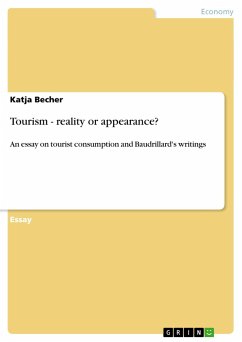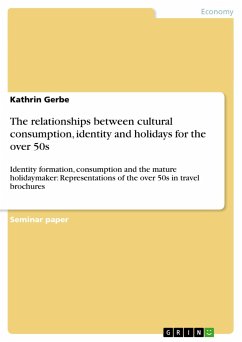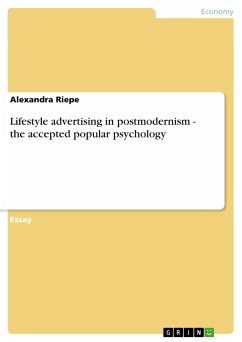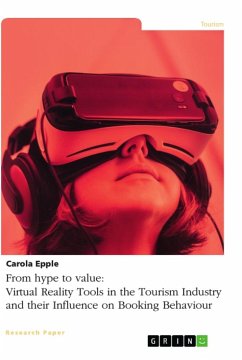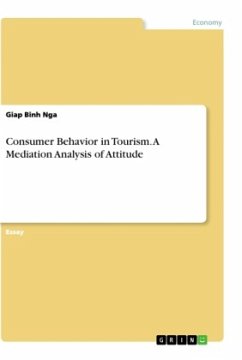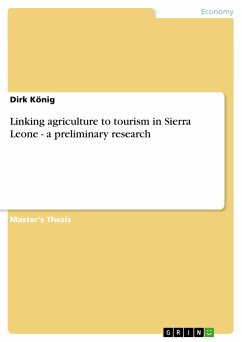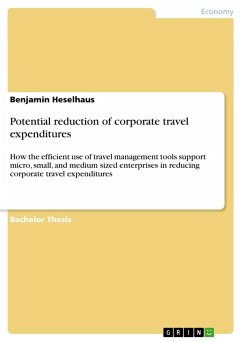Essay from the year 2011 in the subject Tourism - Miscellaneous, grade: 71% (first), University of Lincoln, course: Consumer Culture and Tourism, language: English, abstract: From "buy what we need" to "buy what is valuable" - the history of consumption has experienced some radical changes. In former times, humans, especially the working class, just bought products which they needed, due to a lack of resources. Luxurious goods could only be acquired by the nobility. Later on, a consolidation of the economy led to mass consumption through the working class as well. The consumers were not focused anymore on satisfying the basic needs only. They rather acquired products and services as to possess something that enabled them to belong to a group of higher status and that was different from the daily routine. It can be assumed that the consumers wanted and still want to possess objects with a certain value, so they rather have to be luxurious. According to Frank (2001, p. 17), we are in a 'luxury consumption boom' as evidenced by high prices and rapidly growing waiting lists for luxurious goods. So there is a strong likelihood that consumers are more interested in products and services with a high value and quality. Furthermore, 'luxury spending is a trend not just among the rich; it's found among middle and lower-income earners as well' (Arnould et al, 2002, p. 119). Regarding tourism, consumers seem to be more interested in spending money for touristic products and services as well. Leisure and tourist consumption has become 'one of U.S. consumers' favourite forms of entertainment, generating more revenue than movies, spectator sports, theme parks, cruise ships, and recorded music combined' (Arnould et al, 2002, p. 118). However, it seems likely that consumers afford items (especially valuable ones) because they desire to express social status and wealth. According to Baudrillard (cited in Bocock & Thompson, 1992, pp. 149-150), 'we do not purchase items of clothing, food, body decoration, furniture or entertainment to express a pre-given sense of who we are. Rather, we become that which what we buy makes us'. Regarding the today's consumer behaviour in tourism and the ideas of status symbols and Baudrillard's writings, the aim of this essay is to discuss and investigate if people only afford goods because they desire to express their image and identity or if they become what they buy. There will be a closer look at manipulation, hyper-reality and simulacrum as well.

